The ideal wine in 4 questions
TAKE THE QUIZ
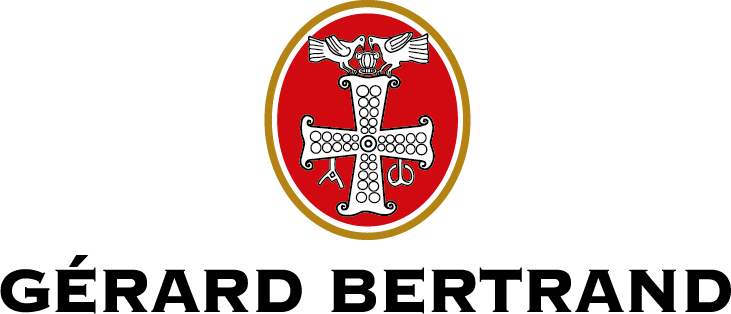

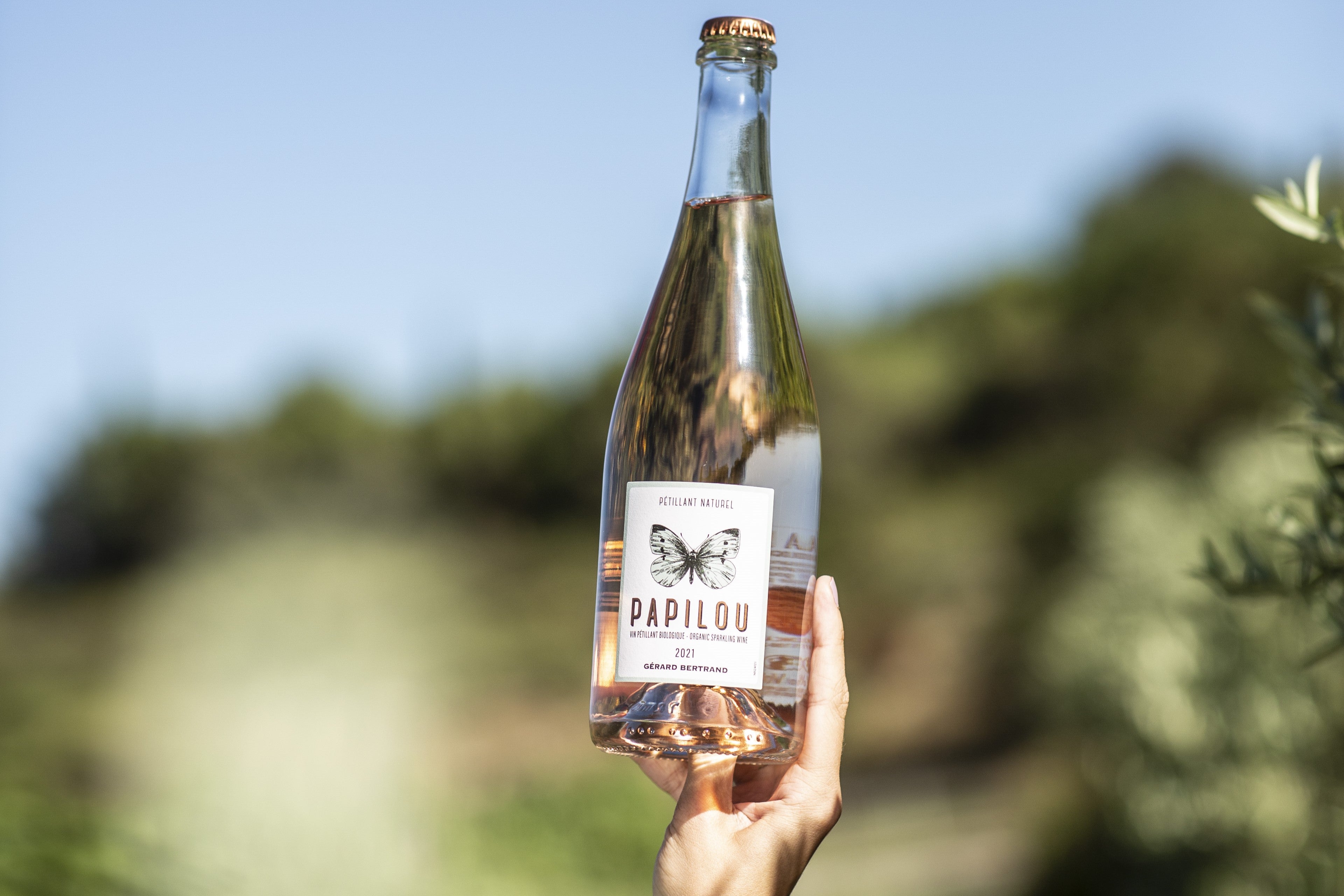
Choosing a good wine starts with its identity card: the label. But you need to know how to read between the lines... So before you set your sights on the first bottle you come across, and to learn how to decipher the famous little rectangle, here's some information to put under your glass.
Mandatory information
Bottling
To find out where the wine was bottled, and by whom.
The name
It's one of the most important words on the label. A certified and controlled label, the appellation is a guarantee of quality, awarded to wines that meet certain conditions (compliance with specifications, preservation of the terroir). They are listed in ascending order of quality:
Capacity
Volume of wine contained in the bottle, indicated in L, cL or mL.
Alcohol content
We're talking here about alcohol content, expressed in degrees or as a percentage of total volume. More than just a figure, it's a good indicator of whether a wine is light or full-bodied.
The pregnant woman pictogram
It's found right next to the alcohol content. This is a health warning representing the dangers of alcohol consumption for pregnant women.
Allergens
Indicates allergens present in wine, such as sulfites (sulfur dioxide).
Optional information
The vintage
It indicates the year in which the grapes were harvested. Quite useful when you consider that some wines are better when they have aged well, or when they have benefited from certain climatic conditions.
The name of the operation
This is mandatory for wines with Geographical Indication.
The grape variety
The variety of grapes used to make the wine: single-variety for a single wine, multi-variety for several wines.
Food and wine pairing suggestions
They are usually found on the back label (on the back of the bottle), and suggest the dishes that go best with the wine.
Production details
"Barrel-aged", "Hand-harvested", "Old vines"... All provide additional information on production methods.
Sugar content
Most often, the sugar content is indicated for white wines. Rather useful, as it helps distinguish dry from sweet.
Batch number
Expressed in letters and numbers, it indicates all products produced in the same way.
@studioarsene // Marie Ormières
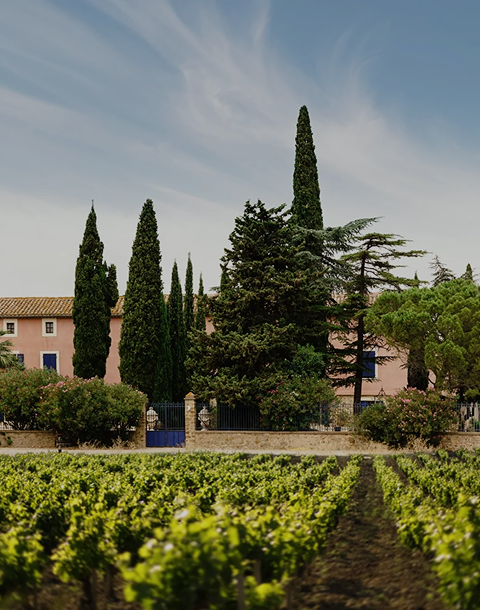
Domaine de Cigalus
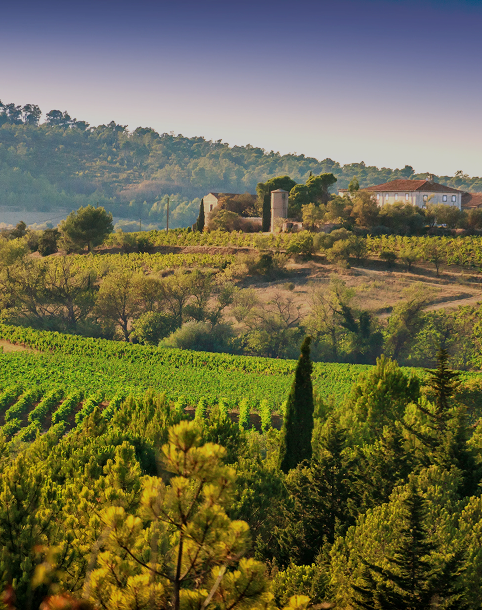
Château de Villemajou
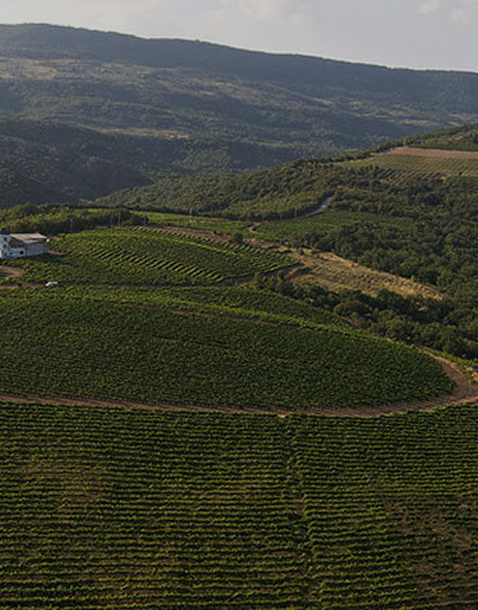
Château La Sauvageonne
1 comment
AT GERARD BERTRAND, everything is perfect. We feel good here, the estate is very pleasant, Mr BERTRAND is very friendly and the jazz festival is pure beauty. This year I saw my idol IBRAHIM MAALOUF there.
Keep up the good work and best regards to PATRICK at the store, LAURA COULON and KARINE HAMELIN for their respective kindnesses.
jean pierre marie
Leave a comment
This site is protected by hCaptcha, and hCaptcha's Privacy Policy and Terms of Service apply.